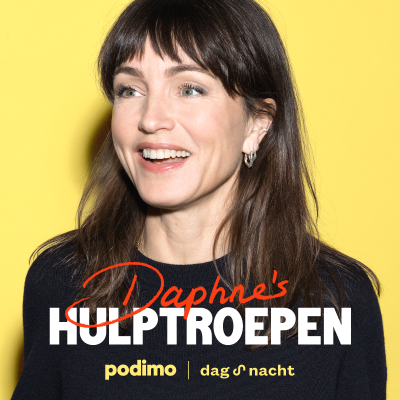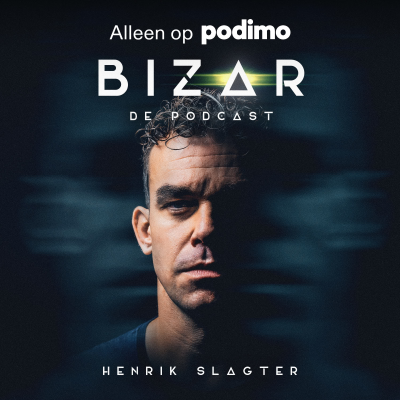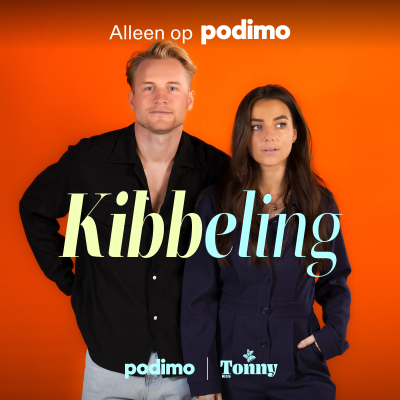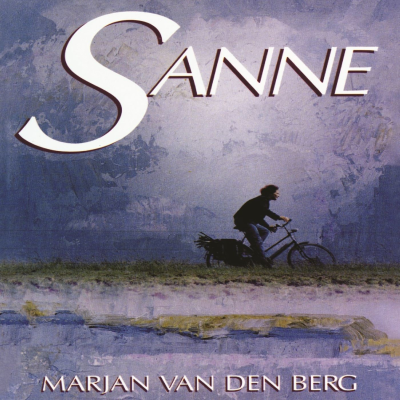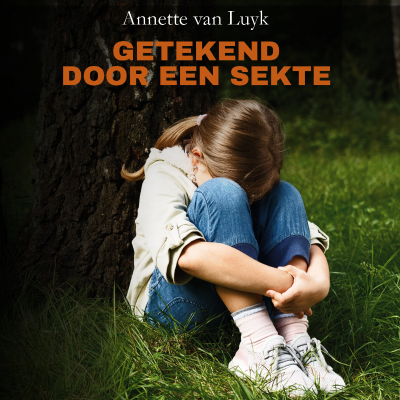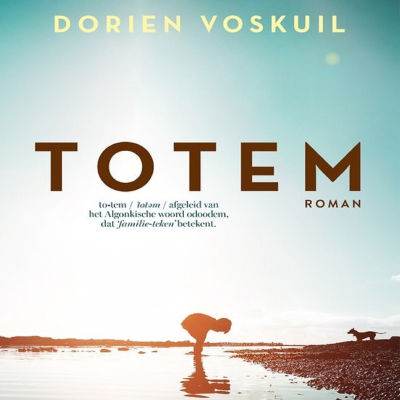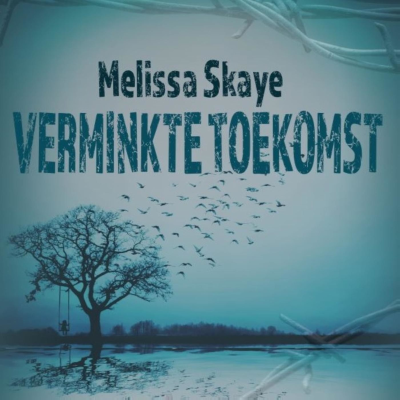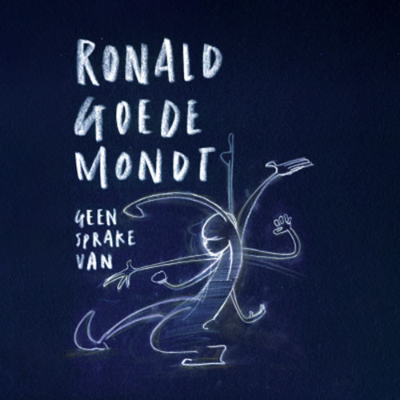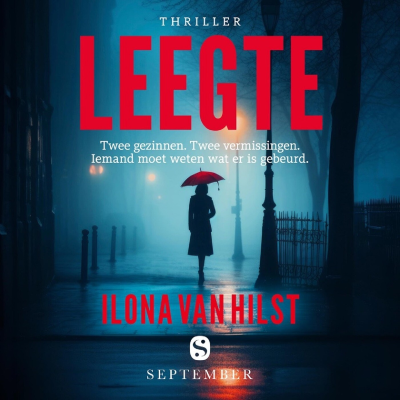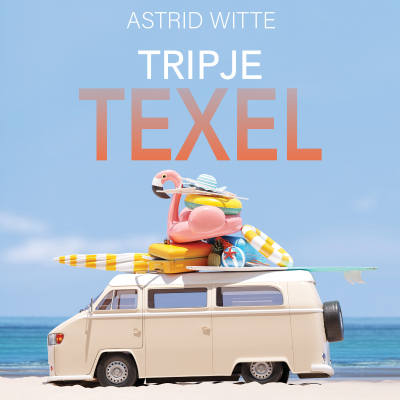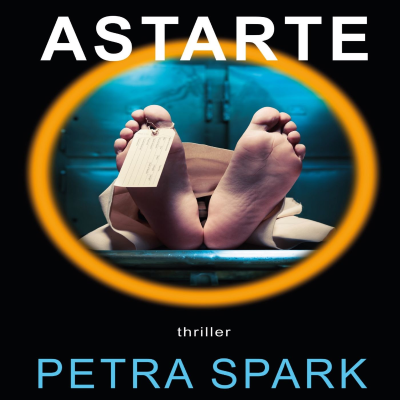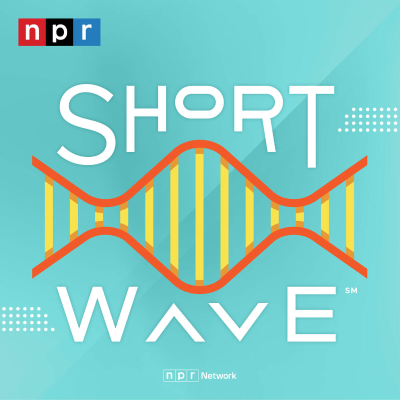
Short Wave
Engels
Technologie en Wetenschap
Tijdelijke aanbieding
2 maanden voor € 1
Daarna € 9,99 / maandElk moment opzegbaar.
- 20 uur luisterboeken / maand
- Podcasts die je alleen op Podimo hoort
- Gratis podcasts
Over Short Wave
New discoveries, everyday mysteries, and the science behind the headlines — in just under 15 minutes. It's science for everyone, using a lot of creativity and a little humor. Join hosts Emily Kwong and Regina Barber for science on a different wavelength.If you're hooked, try Short Wave Plus. Your subscription supports the show and unlocks a sponsor-free feed. Learn more at plus.npr.org/shortwave
Alle afleveringen
295 afleveringenThe global fallout of RFK Jr's vaccine policies
In his role as Secretary of Health and Human Services, Robert F. Kennedy, Jr. is changing how the United States approaches vaccines. But those changes aren’t limited to the United States. NPR global health correspondent Gabrielle Emanuel [https://www.npr.org/people/470414236/gabrielle-emanuel] joins Short Wave to talk about two examples of how the global public health landscape may be shifting. First, the United States’ ultimatum to an international vaccine group. Second, the uncertain fate of a vaccine trial. Some researchers are calling the trial a “unique” opportunity, and others are calling it “unethical.” Read more of global health correspondent Gabrielle Emanuel’s work here [https://www.npr.org/people/470414236/gabrielle-emanuel]. Interested in more global health? Email us your question at shortwave@npr.org [shortwave@npr.org]. Listen to every episode of Short Wave sponsor-free and support our work at NPR by signing up for Short Wave+ at plus.npr.org/shortwave [http://plus.npr.org/shortwave]. To manage podcast ad preferences, review the links below: See pcm.adswizz.com [https://pcm.adswizz.com] for information about our collection and use of personal data for sponsorship and to manage your podcast sponsorship preferences. Learn more about sponsor message choices: podcastchoices.com/adchoices [https://podcastchoices.com/adchoices] NPR Privacy Policy [https://www.npr.org/about-npr/179878450/privacy-policy]
Will Punch the baby monkey be okay?
If you’ve been on the internet in the past few weeks, chances are you’ve seen him: a tiny gray-brown monkey dragging a big, stuffed orangutan around Japan’s Ichikawa Zoo. His name? Punch-kun, or Punch for short. His story? Early abandonment by his mother, careful treatment from local zookeepers and instant social media fame. But are all the (human) primates jumping to Punch’s defense justified? And what’s normal for Japanese macaque society, anyway? To find out, NPR’s Katia Riddle [https://www.npr.org/people/1128948946/katia-riddle] chats with psychology professor and animal expert Lauren Robinson [https://www.drlaurenrobinson.com/]. Interested in more animal science? Email us your question at shortwave@npr.org [shortwave@npr.org]. Listen to every episode of Short Wave sponsor-free and support our work at NPR by signing up for Short Wave+ at plus.npr.org/shortwave [http://plus.npr.org/shortwave]. To manage podcast ad preferences, review the links below: See pcm.adswizz.com [https://pcm.adswizz.com] for information about our collection and use of personal data for sponsorship and to manage your podcast sponsorship preferences. Learn more about sponsor message choices: podcastchoices.com/adchoices [https://podcastchoices.com/adchoices] NPR Privacy Policy [https://www.npr.org/about-npr/179878450/privacy-policy]
Spring ice is thawing earlier in lakes. What does that mean for life below the surface?
Lakes are freezing later, thawing earlier and experiencing dramatic temperature swings in between. And all that throws off the delicate balance of life below the surface. And that has a major impact on the roughly 1.7 million ice fishers in the U.S. who spend millions of dollars buying equipment and guide services each year. Producer Berly McCoy [https://www.npr.org/people/985775371/berly-mccoy] explains how scientists are tracking those ecological changes by getting out on the ice — to fish. Interested in more freshwater science? Email us your question at shortwave@npr.org [shortwave@npr.org]. Listen to every episode of Short Wave sponsor-free and support our work at NPR by signing up for Short Wave+ at plus.npr.org/shortwave [http://plus.npr.org/shortwave]. To manage podcast ad preferences, review the links below: See pcm.adswizz.com [https://pcm.adswizz.com] for information about our collection and use of personal data for sponsorship and to manage your podcast sponsorship preferences. Learn more about sponsor message choices: podcastchoices.com/adchoices [https://podcastchoices.com/adchoices] NPR Privacy Policy [https://www.npr.org/about-npr/179878450/privacy-policy]
The dangers of warming winter lakes
Over half a billion people live by lakes that freeze over in the winter. But as the climate warms, those lakes are losing whole days of ice cover. Winters are also getting weirder, with more intense temperature swings that lead to multiple freezes and thaws. Those fluctuations make the ice less safe, and more likely for people to fall through as they walk. So, today, producer Berly McCoy [https://www.npr.org/people/985775371/berly-mccoy] gets into how these changes are altering culture, community and safety on the ice – plus, how firefighters train for rescues. This is the first in a two-part series on how lake ice is changing. Check out Monday’s episode for part two! Check out photos [https://npr.org/sections/the-picture-show/2026/02/27/g-s1-111346/madison-wisconsin-frozen-assets-festival] from Berly’s reporting trip to Madison, Wisconsin. Interested in more winter science? Email us your question at shortwave@npr.org [shortwave@npr.org]. Listen to every episode of Short Wave sponsor-free and support our work at NPR by signing up for Short Wave+ at plus.npr.org/shortwave [http://plus.npr.org/shortwave]. To manage podcast ad preferences, review the links below: See pcm.adswizz.com [https://pcm.adswizz.com] for information about our collection and use of personal data for sponsorship and to manage your podcast sponsorship preferences. Learn more about sponsor message choices: podcastchoices.com/adchoices [https://podcastchoices.com/adchoices] NPR Privacy Policy [https://www.npr.org/about-npr/179878450/privacy-policy]
Screen time is up for grandma and grandpa
Folks over 65 are putting in a lot of screen time. In 2019, the Pew Research Center found that people 60 years and older spend more than half their daily leisure time [https://www.pewresearch.org/short-reads/2019/06/18/americans-60-and-older-are-spending-more-time-in-front-of-their-screens-than-a-decade-ago/] in front of screens, mostly watching TV or videos. Since the pandemic, that screen time has increased. Is addiction on the rise? And what’s the best use of screen time for any of us? We’re parsing out all the questions with Ipsit Vahia [https://www.mcleanhospital.org/profile/ipsit-vahia], the Chief of Geriatric Psychiatry at McLean Hospital. Interested in more stories about how technology is changing daily life? Email us your question at shortwave@npr.org [shortwave@npr.org]. Listen to every episode of Short Wave sponsor-free and support our work at NPR by signing up for Short Wave+ at plus.npr.org/shortwave [http://plus.npr.org/shortwave]. To manage podcast ad preferences, review the links below: See pcm.adswizz.com [https://pcm.adswizz.com] for information about our collection and use of personal data for sponsorship and to manage your podcast sponsorship preferences. Learn more about sponsor message choices: podcastchoices.com/adchoices [https://podcastchoices.com/adchoices] NPR Privacy Policy [https://www.npr.org/about-npr/179878450/privacy-policy]
Kies je abonnement
Tijdelijke aanbieding
Premium
20 uur aan luisterboeken
Podcasts die je alleen op Podimo hoort
Gratis podcasts
Elk moment opzegbaar
2 maanden voor € 1
Daarna € 9,99 / maand
Premium Plus
Onbeperkt luisterboeken
Podcasts die je alleen op Podimo hoort
Gratis podcasts
Elk moment opzegbaar
Probeer 30 dagen gratis
Daarna € 11,99 / maand
2 maanden voor € 1. Daarna € 9,99 / maand. Elk moment opzegbaar.








